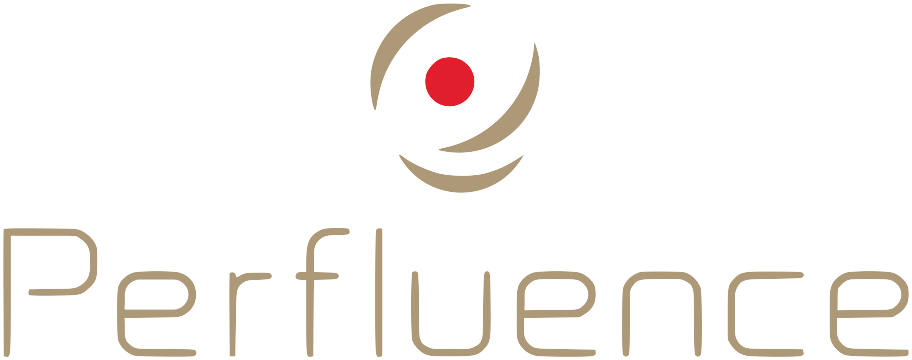Job crafting refers to the way that each individual shapes the job that he / she does in order to satisfy their own needs and desires. This can be independent of the organization’s needs.
There are three main areas that job crafting affects:
Quantity of work (you can do more or less)
Relationships with others (these can be improved or can deteriorate)
Perception of work (an insurance agent sees his / her work as helping people after accidents, rather than just processing claims)
For more details, please refer to “What is job crafting and why does it matter” (Berg, Dutton & Wrzesniewski)
Jobs are crafted by different aspects of a person: ambitions, desires, skills, personality traits, personal interests, etc.
An interesting finding of the job crafting approach is those who actively engage in these practices are more likely to be engaged and motivated workers. If you are interested, you can find more information here.
Job crafting is similar to job redesign, the difference being that job redesign is negotiated with the employer in a formal process while job crafting is done under the radar.
The job and the crafter
In a previous post we argued that the person and the post they fill should be kept separate within CRM systems because people move from one job to another in their careers. In the same fashion, job crafting and its effects requires the person and the post they fill to be kept separately.
The job is considered to be the tasks clearly defined. It involves a list of requirements, expectations and reporting lines. The crafted job is how the person currently holding that position fulfills the requirements, meets the expectations and respects the reporting lines. The difference between the job and the crafted job will vary depending on the person, but there will always be a difference.
Job crafting and the effect on the sales meeting
We can picture all the people in a network busily job crafting in their own manner (with a positive or negative outcome, knowingly or subconsciously). The effects of this will filter down to many business situations, including the sales meetings.
The sales person who considers the job in terms of hitting his / her commission at the end of the month will have a different approach to one who thinks in terms of making the client happier.
The client who sees the purchase as part of a wider plan will use different criteria from a client who is looking for the cheapest and/or quickest option to deploy a solution.
Managers of sales teams need to think about which aspects they want individual team members to develop and which ones they think the whole team could embrace. This kind of insight will help managers to plan training and assessment programs.
Job crafting and organization to organization
Within the organization to organization (o2o) complex sales situation, job crafting will also play a role. A new occupant is going to bring his / her own way of crafting the job. This could be in terms of
Priorities for business development (opening new markets in a given zone, etc)
Personal criteria for making decisions (carbon footprint, ethical business, etc)
Personal preferences for partners (size and profile of suppliers, etc)
Sales managers need to think about which team member, as job crafters, will be best suited to work on a particular account and with certain people within that account. Using their knowledge about the team, managers are in a better position to not only cover the network (see our post on network coverage in o2o) but also to cover it with people intelligence.
In addition, understanding how key people in the client’s ecosystem have crafted their jobs will help get a better understanding of the way that they fit into the network. Managers can look for people who are making similar changes and possibly use this to my advantage. The use of Key Opinion Leaders by pharmaceutical companies is an application of this idea.
Next generation CRM
Job crafting affects the way we as individuals work and the way we affect the organizations we work for. Recognition of this practice is growing on both sides of the Atlantic. It will clearly play a role in the way we think about people and the jobs they do.
The question is : how will future systems manage this aspect of the person / post combination?

